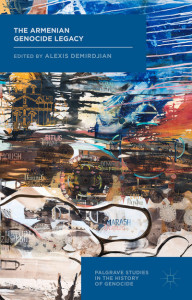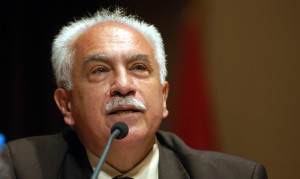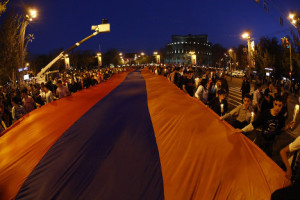 On the centennial of the acts commonly referred to as the Armenian Genocide, academics and professionals from a variety of disciplines discuss the impact of the Genocide in their respective fields.
On the centennial of the acts commonly referred to as the Armenian Genocide, academics and professionals from a variety of disciplines discuss the impact of the Genocide in their respective fields.
In this volume, they assess why it still remains relevant to discuss the Genocide today, as well as its global ramifications and its equally long-lasting mark.
Some contributions make the case for the use of aspects of the Armenian Genocide for comparative studies, in order to study the emergence of patterns between conflicts. Others focus on the impact of the Genocide on their specific fields of study.
Tackling this theme from the perspective of history, law, sociology, anthropology, political science, literature, education and media studies, The Armenian Genocide Legacy relies on an interdisciplinary approach to expose the complexity of the genocidal process, while marking the centennial of the Armenian Genocide.
To order the book, please click here.


